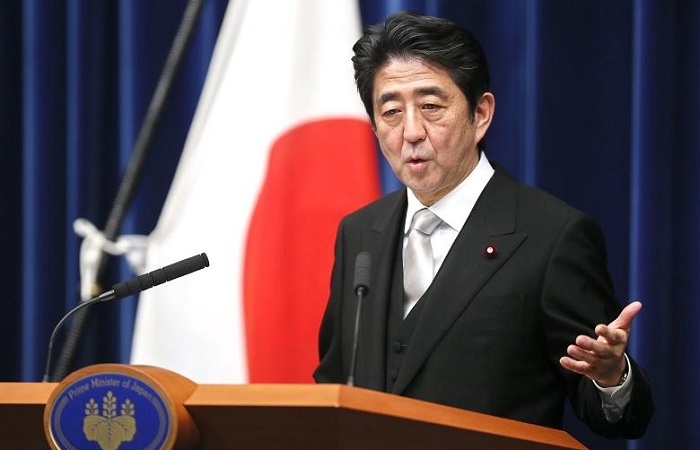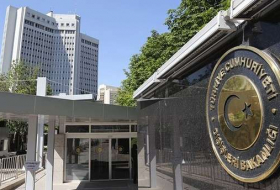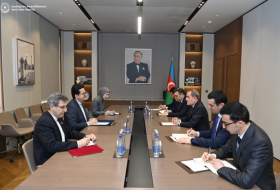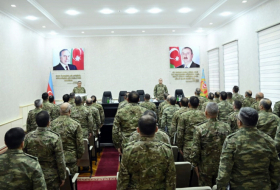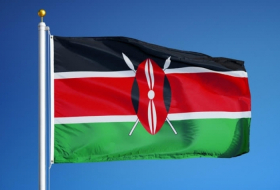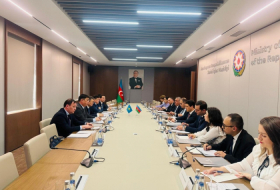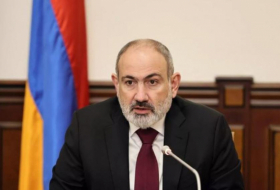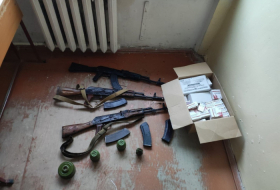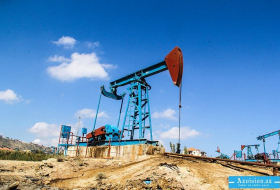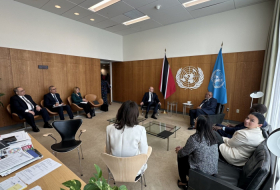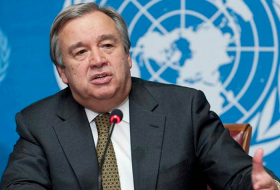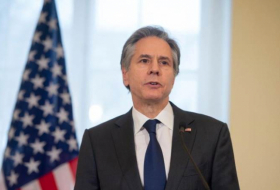"We should not rule out any method from consideration," Defense Minister Tomomi Inada said in parliament Thursday, when asked about long-range strike capability. "We don’t have that capacity now and we have no plan to obtain it." Japan should use the deterrent effect of its alliance with the U.S. to prevent any such attack becoming necessary, she said.
North Korea’s state-controlled Korean Central News Agency said the latest launches on Monday, overseen by Kim, involved artillery units tasked with striking U.S. bases in Japan. Top government spokesman Yoshihide Suga said one missile landed about 200 kilometers (124 miles) from Japan’s northwest coast, and Japanese public broadcaster NHK said it landed closer to the country’s coastline than in any previous exercise.
Japan already has SM-3 and PAC-3 interceptors, which are aimed at halting incoming missiles. The government is also considering adopting the Terminal High Altitude Area Defense system, or Thaad, that the U.S. has begun to deploy in South Korea, but it could take years before any equipment is installed.
It is unclear how these defensive systems would cope with a barrage of missiles known as a "saturation attack."
"We may not be able to defend ourselves if North Korea launches a lot of missiles at once," Democratic Party lawmaker Yuichi Goto said in parliament. "I don’t understand why you don’t start" researching long-range strike capability.
Narushige Michishita, a former Japanese defense ministry official, holds a similar view.
"I don’t think it’s a good idea to spend more money on Thaad," said Michishita, a professor at the National Graduate Institute for Policy Studies in Tokyo. "I would rather go for acquiring better strike capability in order to strike a good balance between offense and defense."
Tillerson Visit
The debate is heating up as Japan prepares to welcome U.S. Secretary of State Rex Tillerson on his first visit to Japan next week. Tillerson will meet with Abe, and North Korea will be an important topic of discussion, Foreign Minister Fumio Kishida said Thursday.
Japan’s concerns about its alliance with the U.S. under President Donald Trump were to some extent assuaged by the friendly reception he offered Abe when he visited last month. But some lawmakers say Japan should become more self-reliant in defense terms to avoid the uncertainty created each time the U.S. administration changes.
"We need to get things ready so that we are not in a panic if America’s thinking suddenly changes," former defense minister Itsunori Onodera said in an interview in January.
More about: #NorthKorea








